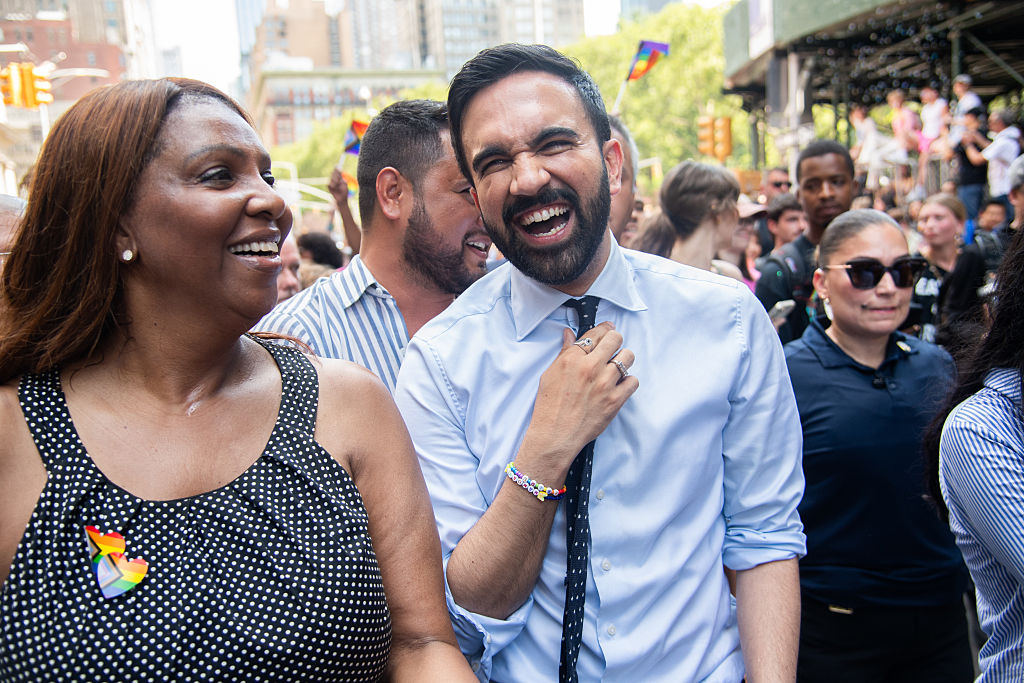Isiah Thomas, Love & Basketball
The Isiah Thomas camp continues to deny the claim by Harrison, NY police that it was a “47-year-old man lying on the floor, unconscious from an accidental overdose of prescription sleeping pills” who was rushed via ambulance from the home of the basketball great, and not his 17-year-old daughter, as Thomas’ family has stated. Time will soon reveal the truth.
What is clear is that Thomas, the Allen Iverson of my generation, known for his heart, toughness, and incredible skill, has endured a very difficult year. In fact, the last four years have been rough for a man deeply in love with the game of basketball.
Like any scorned lover, Thomas has probably had a rough time trying to rest his mind long enough to figure out how it all went so wrong. He is trying to figure out how after three decades of success, basketball-which rescued him from one the poorest and most dangerous neighborhoods of the Westside of Chicago-has suddenly failed him so miserably.
Basketball helped him to secure a scholarship to St. Mary’s high school in Chicago and another scholarship to Indiana University. That led to an NCAA championship, two NBA championships, two All-Star game MVP kudos, and the honor of being selected of the fifty greatest players in NBA history, as well as all the fame and fortune such accolades provide.
But since 2003, the man who loves the game has endured a rocky relationship with basketball. Oddly enough, Donnie Walsh has been at the scene of both of his dismissals from NBA organizations.
The first time, Thomas was the coach of the Indiana Pacers and Walsh was the general manager. Once Larry Bird was hired as president, the organization-as per Walsh’s directive-fired Thomas, despite the fine job he had done transforming what was then a very young Pacers team.
The next time, the New York Knicks hired Walsh to get things back on track after Thomas had made a bit of a mess of the organization in his four and a half years at the helm. During Thomas’ run as team president, the Knicks failed miserably: a losing record, only one postseason appearance, and not even one playoff win.
In October 2007, former Madison Square Garden executive Anucha Browne Sanders won a sexual harassment case against Thomas and the Garden. At one point during the trial, Thomas infamously declared it less offensive for black men to call black women the B word than white men. (http://www.youtube.com/watch?v=Ocb4MFkDiAY) In December, Sanders reportedly received an out-of-court settlement of $11.5 million.
So when the Knicks hired Walsh to replace Thomas as team president, his first order of business was to deal with Thomas. Instead of firing him again, Walsh reassigned Thomas to an ambiguous role of scout and consultant. In essence, his contract remained pretty good, basically paying him to get out of the way and assist the team as a talent scout.
While I am certain that Thomas is determined to resurface as an NBA general manager, his Knicks legacy has perhaps ended the likelihood of those aspirations. It is unlikely he will be given the ball and asked to run the point for an NBA front office again.
To his credit, Thomas, who’s known for having a temper, kept his cool last year. Despite being bashed by the New York media, the chants during home games that he be fired, a woeful team, a sexual harassment lawsuit, his mother’s illness (resulting in a leg amputation), and his brother Preston’s stroke (suffered while visiting their sick mother in the hospital), there were no reports of him lashing out.
In time, I’m sure that Thomas will be fine. But, for now, like every scorned lover, he needs time to heal and regroup. Who wouldn’t? After such a stellar Hall of Fame love affair, from player to coach to executive, to have his one true love turn its back on him, Isiah Thomas is mending a broken heart.
Lewis is the author of the forthcoming Ballers of the New School: Race and Sports in America. He teaches English at Washington State University Vancouver.















